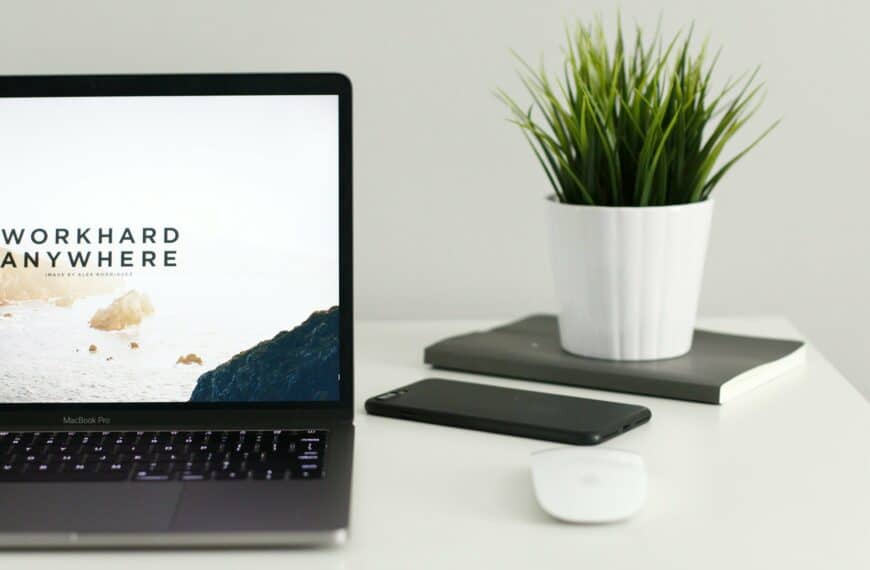Good news – the world of work is changing!
Bad news – this is because you are working longer.
There’s a steady shift on the horizon surrounding the world of work. In the ever-changing and technology dependent world we live in, we are seeing a disruption to the work-life balance and the slow death of the traditional 9-5 job. The trend that is upsetting the balance is the increase of remote working.
Employees are now moving away from the traditional office space and are being allowed more freedom and choice in their work. Companies are adapting to the trend by providing their employees with more autonomy. There’s no longer the need to have workers side by side in a single office space, especially with the increase of co-working spaces and the ability to keep constantly connected and have our emails to hand.
Employers benefit from retaining their workforce be adhering to the trend in remote working. The level of trust placed in employees working from home gives them additional freedom and independence to make their own decisions and workers are more productive at home with fewer distractions. The feeling of autonomy ensures workers feel more empowered in their role than they would at the same desk every day. Giving staff the opportunity to work with other people that they may not otherwise have the opportunity to work with only adds to the positive impact of remote working in co-working spaces.
Flexi-time and working from home initiatives are commonplace in many organisations, but bosses are going one step further by allowing employees to work remotely even full time. The trend originally began with start-ups who are very cash sensitive and struggle to cover costs that come with housing staff. The ease of outsourcing for small businesses adds to this as not only do they not need to house staff, but they can access the resources they need without taking on a full-time employee.
It can be difficult for employees to be productive with additional office pressures such as office politics, impromptu team meetings, additional delegated tasks that are assigned to the first person in sight, scheduled (and often reduced) lunch breaks and so on, remote working can enable greater productivity. The office lifestyle can be detrimental to an employee’s work-life balance.
However, the trend in remote working can have its downsides. The traditional safe haven of the 9-5 office environment has kept work confined within these set hours, but the trend for remote working means that employees very often exceed the work day hours, and the death of the 9-5 job becomes more of a thing of the past.
For employees, remote working gives them the opportunity to work from anywhere in the world for any company they choose. This also means that individuals with young children can work their childcare commitments around their work, thus adding to the switch in hours from a 9-5 working day. With the costs saved in travel and childcare, the monetary benefits outweigh the need to work in a dedicated office space.
The Virtual Assistant Industry has thrived because of the trend in remote working with approximately 13.9% of the workforce in the UK work remotely. With SMEs turning to Virtual Assistants as a way to combat the skills gap in their business, this has only added to the trend in remote working. Will you be one to adopt the remote working trend?







